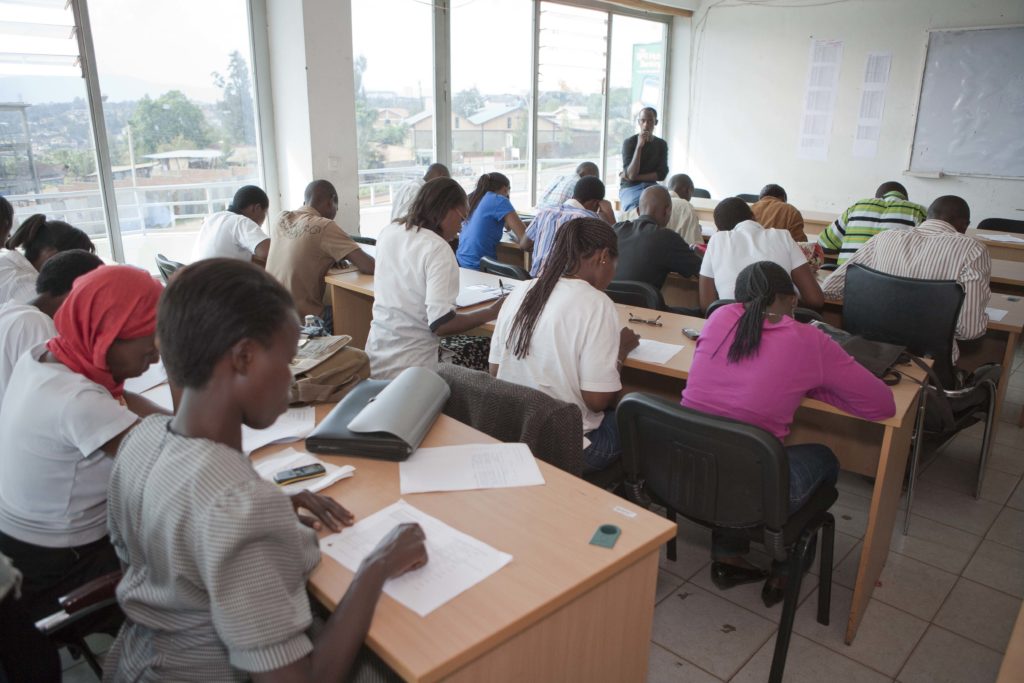
The Independent Commission for Aid Impact (ICAI) published today a new report on the Education Programme of the UK Department for International Development (DFID) in Rwanda, Ethiopia and Tanzania.
ICAI is a new independent body responsible for scrutinising aid, to maximise the effective of the UK aid budget. Its traffic light system signals its verdict on the programmes on which it reports, which in this case was “amber-red”, recommending that significant improvements need to be made to improve the performance of the work.
The report makes for fascinating reading, and presents important date on schooling in Rwanda, such as on the pupil to teacher ratio, which is particularly high at 68 (compare this with the UK, where the ratio in primary schools is 21).
A major criticism of the education programme in Rwanda is the focus of DFID on outputs as opposed to outcomes – for example, a key indicator of progress being the number of children enrolled in primary school, as opposed to the literacy rates of those children. In Rwanda, primary school enrolment rates are remarkably high, around 96%, but youth literacy rates are at 77%. However, the enrolment rate is a misleading indicator, as it only records whether the child attended the first day of school, and not whether they they maintained their attendance subsequently.
The challenge of delivering and monitoring effectively the impact of programmes is a critical component of all the work of Survivors Fund (SURF) as well. We are currently undertaking a baseline survey on our new DFID-funded Widowed Survivors Empowerment Project (WSEP) which will address many of the concerns addressed in the ICAI report, and will enable us to not only demonstrate the numbers that the project will deliver, but also how those figures translate into delivering our goal of transforming the lives of survivors.
As ICAI reports, delivering quality work is a great challenge with limited resources. As such, it is important to ensure that one never loses focus on the results of the programme by ensuring that the right indicators are being tracked.

